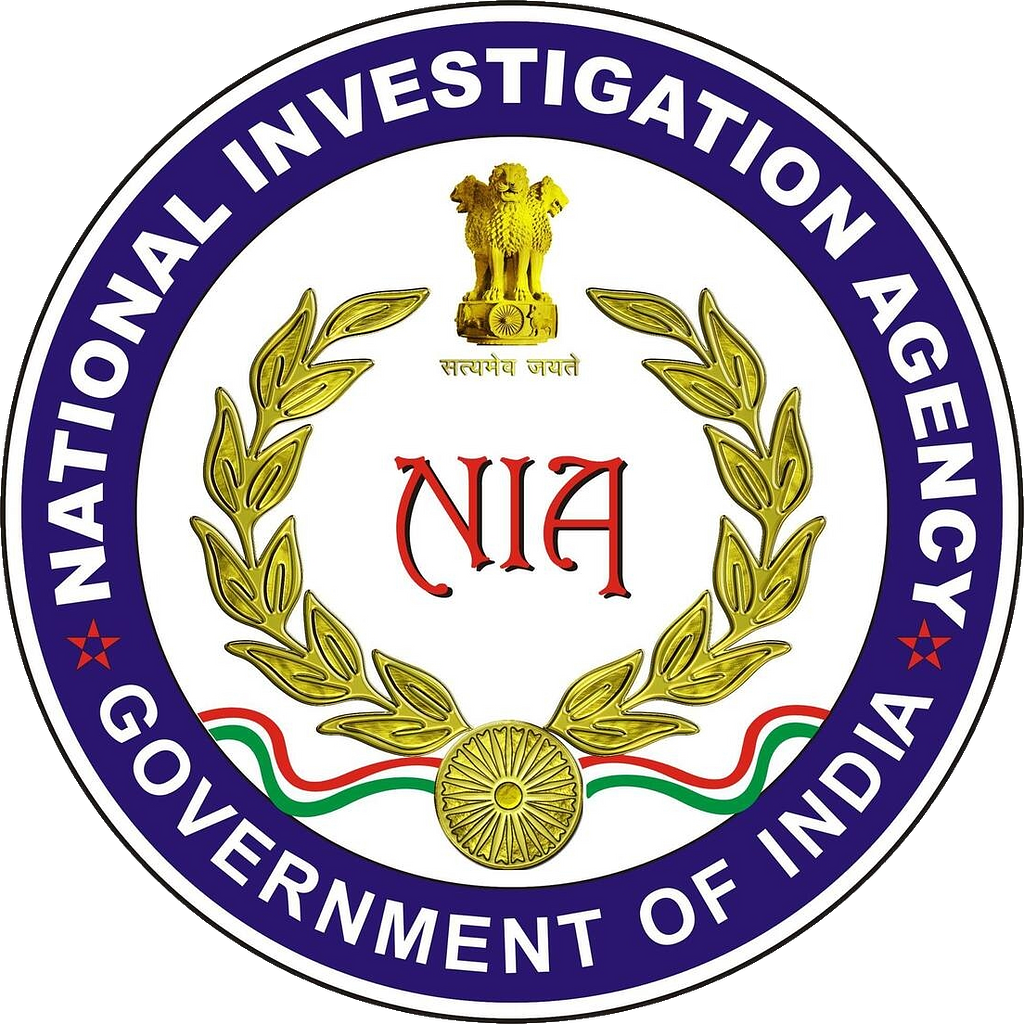
Haris Farooqi: Head of Islamic State in India Arrested in Assam
Haris Farooqi: Head of Islamic State in India Arrested in Assam
Executive Summary:
- The Head of Islamic State (IS) in India Haris Farooqi was arrested on March 19 in Assam, India. Farooqi’s capture cost IS one of its most capable organizers and recruiters in the region and could aid the government in identifying and eliminating the few remaining IS cells in India.
- Farooqi and an accomplice illegally entered India through the country’s porous border with Bangladesh. This remains a longstanding problem, despite continued bilateral efforts between Delhi and Dhaka to halt the cross-border movement of militants and terrorists.
Haris Farooqi (alias Harish Ajmal Farukhi), the head of Islamic State (IS) in India, was arrested on March 19 by the Assam Police’s Special Task Force (STF). He and his associate, Anurag Singh (alias Rehan), illegally entered India from Bangladesh (The Hindu, March 21). They left from Kurigram in northwest Bangladesh to enter Assam State’s Dhubri District in India ahead of the latter’s 2024 general election (Northeast News [India] March 21; Times of India, March 21). This represents the latest in a series of defeats for the increasingly degraded IS presence in the country (Terrorism Monitor, March 3, 2023, March 1, 2024). Farooqi has several National Investigation Agency (NIA; analogous to the FBI) cases pending against him, and is among the NIA’s most-wanted militants due to his connection with IS’s node in Delhi (NDTV, March 21; India Blooms, December 27, 2023).
Background
33-year-old Farooqi is legally a resident of the town of Chakrata in the northern Indian state of Uttarakhand. Farooqi is an educated man and has a degree in chemical engineering from Aligarh Muslim University (AMU). By profession, he is a teacher at Shaheen College in the Bidar District of the southern Indian state of Karnataka (ThePrint, March 27, 2024). Farooqui’s father also runs a traditional medicine dispensary in Dehradun, a town near his family home (ETV Bharat, April 2).
Farooqi completed his engineering degree in the mid-2010s and was directly associated with his university’s student union, where he met Singh. Farooqi’s time coordinating and running the student association is believed to have sharpened the skills that he would later use to organize IS cells (Hindustan Times, March 24). In addition to his organizational ability, Farooqi is also known as a charismatic recruiter (The Hindu, March 21).
Career
Farooqi has been active since the year 2019 and has set up IS cells in the Indian states of Goa, Jharkhand, Uttar Pradesh, Madhya Pradesh, Punjab, Maharashtra, Delhi, and Karnataka (The Economic Times [India] March 21). A statement issued by the Indian police states that,
He is a highly indoctrinated and motivated leader/member of IS in India. He had furthered the cause of IS in India through conspiracies to carry out recruitment, terror funding, and terror acts at several places across India. Haris Farooqi is a master planner and executer for IS (NDTV, March 21).
After quickly rising through the ranks of IS, Farooqi allegedly began arranging logistics for the group. He started with smaller cells and then expanded. As a chemical engineer, Farooqi would be familiar with the various explosives and chemicals used in making bombs. He was allegedly involved in testing out at least one improvised explosive device (IED) (Zee News, March 23).
Arrest
Among his other activities, Farooqi was arrested for radicalizing Indian youths like Sunrag Singh. According to Indian Home Ministry officials, this was performed in part through the dissemination of IS propaganda through social media platforms (The Economic Times [India], March 21). Farooqi shared videos related to jihad, hijrah (migration) to Syria, and of IS supporters pledging Bayat (a sacred oath) to the IS caliph (ThePrint, March 27). Indian police further claimed that Farooqi had identified targets for attacks across the country, including spots in Uttar Pradesh and Uttarakhand (New Indian Express, April 3; ZeeNews, March 23).
Conclusion
Although the security agencies in India are not making a show of having arrested the head of IS in India, Farooqi’s capture could very well serve as a major breakthrough for investigators trying to hunt down any remaining active or sleeper IS cells in the country. Farooqi and his accomplice’s exploitation of the porous India–Bangladesh border is indicative of a larger, longstanding issue. While bilateral efforts are ongoing between Delhi and Dhaka to halt the cross-border movement of militants and terrorists, Farooqi’s infiltration of India demonstrates that there is still much work to be done.


